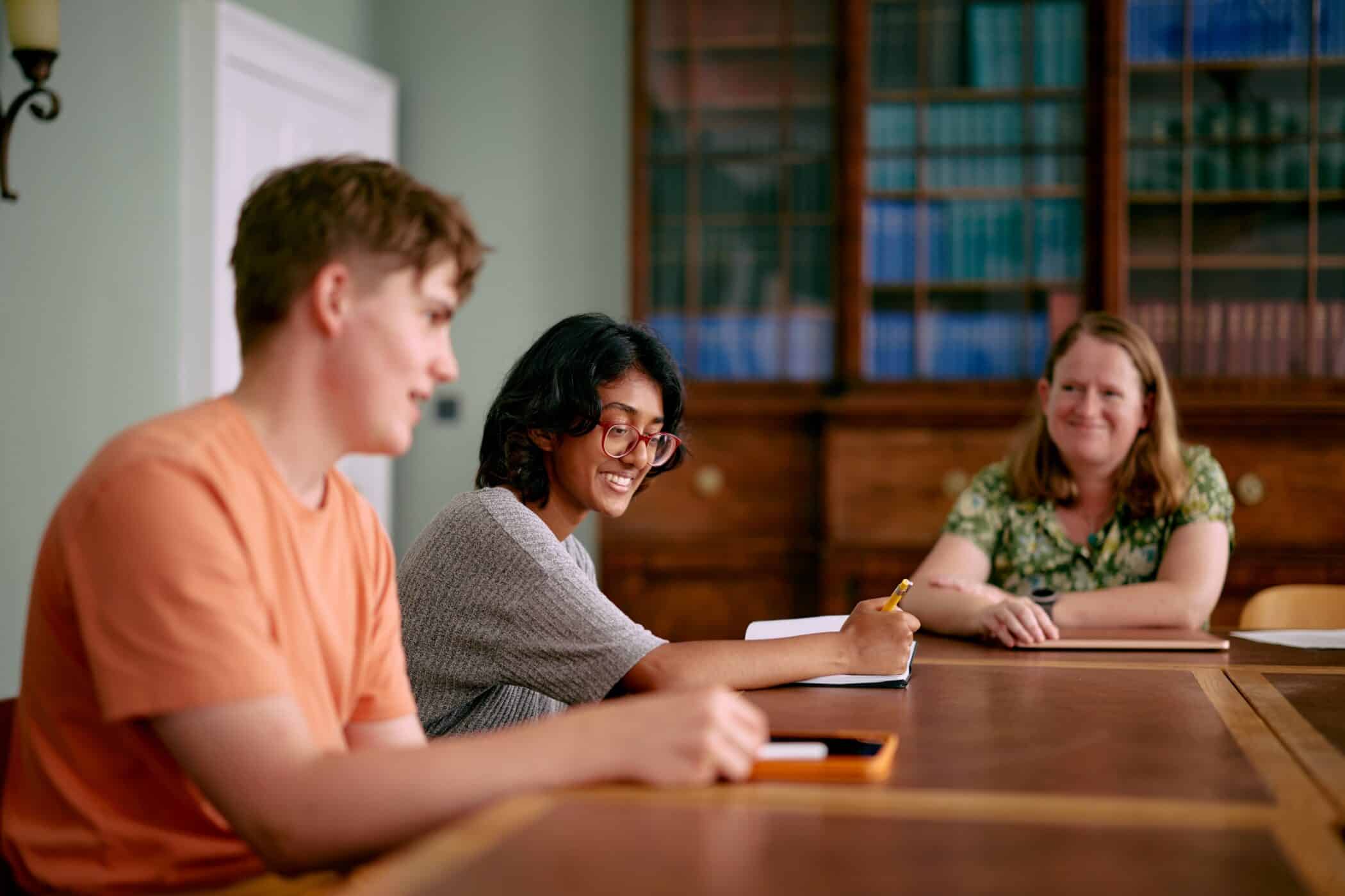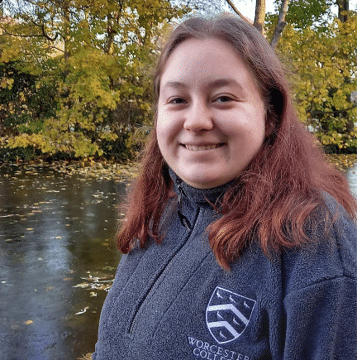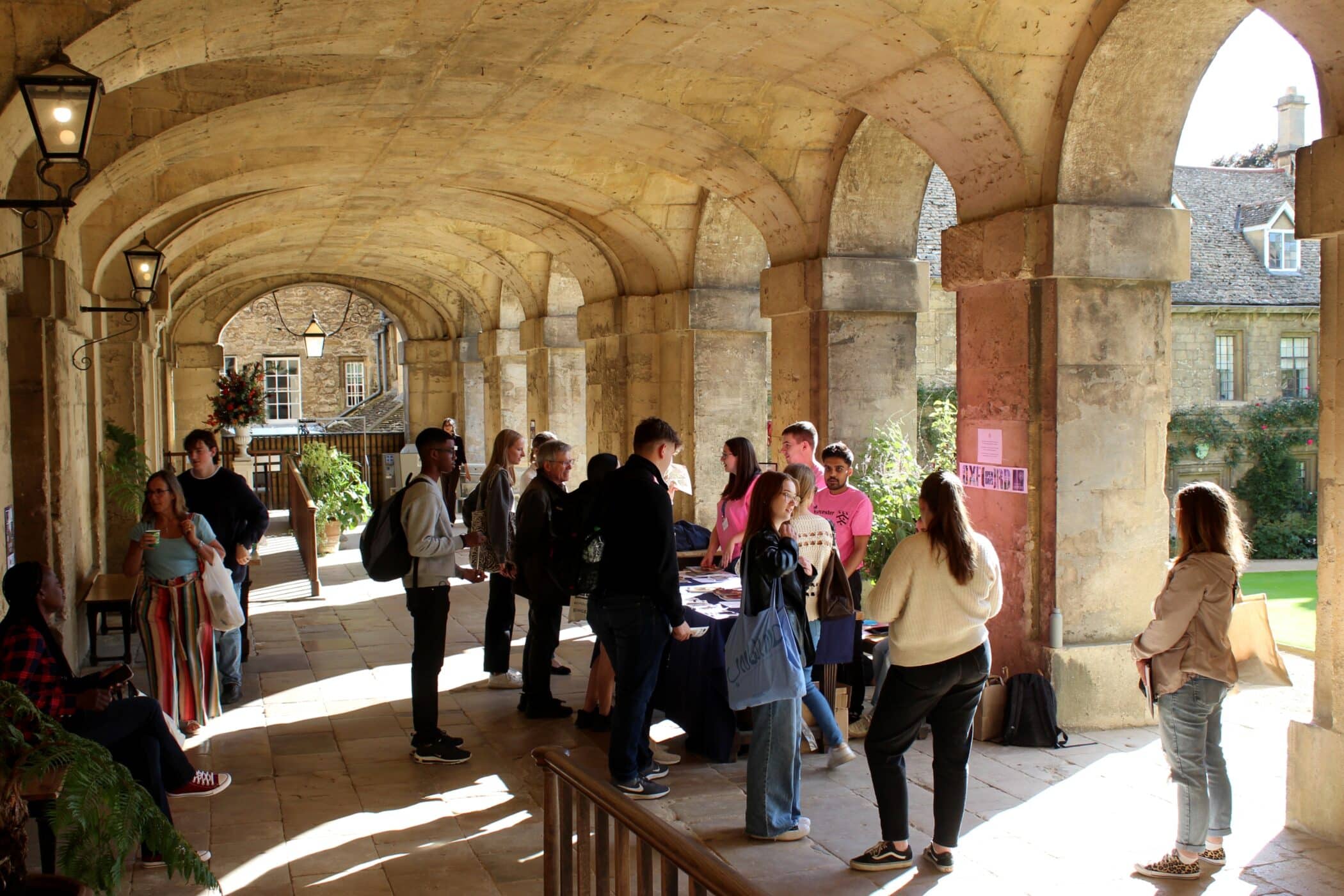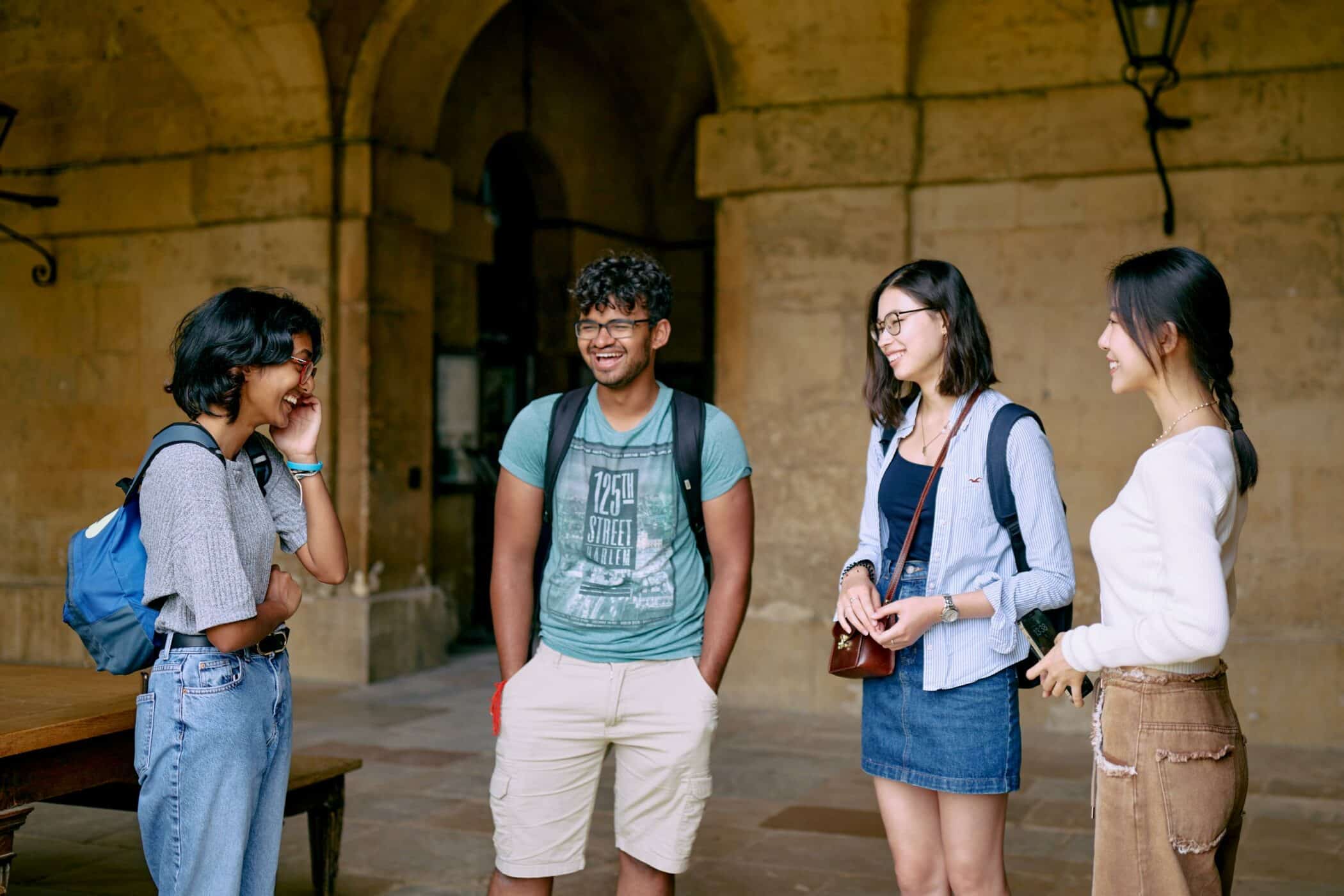We hope you’ll join us at Worcester. To apply, you’ll make an application to the University of Oxford via UCAS and choose Worcester (Campus Code: Z) when selecting your college preference.
Don’t forget that Oxford has an earlier deadline than most universities. You’ll need to submit your application and register for any admissions tests in September and October.
We’ll see the personal statement you write for all of your university options on UCAS. In addition, many courses require you to sit an admissions test and some ask for written work to be submitted. It’s really important to check your course’s admissions requirements on the University website and make sure to give yourself lots of time to prepare your application and complete the different steps in the process.
For international students the application process is the same, although there may be additional requirements, such as student visas and English language requirements.
Admissions timeline Course admissions requirements Guidance for international students

What we’re looking for
We want you to be enthusiastic about your subject and able to demonstrate your interest with concrete examples. Perhaps you’ve gone above and beyond the curriculum and read widely, attended lectures (online or in person) or watched documentaries related to your course. Show us that you’re committed to your subject and have the self-motivation to study it at university level. We also want to see your independent thinking skills. It’s important to approach material critically and to have an opinion about what you’ve engaged with.
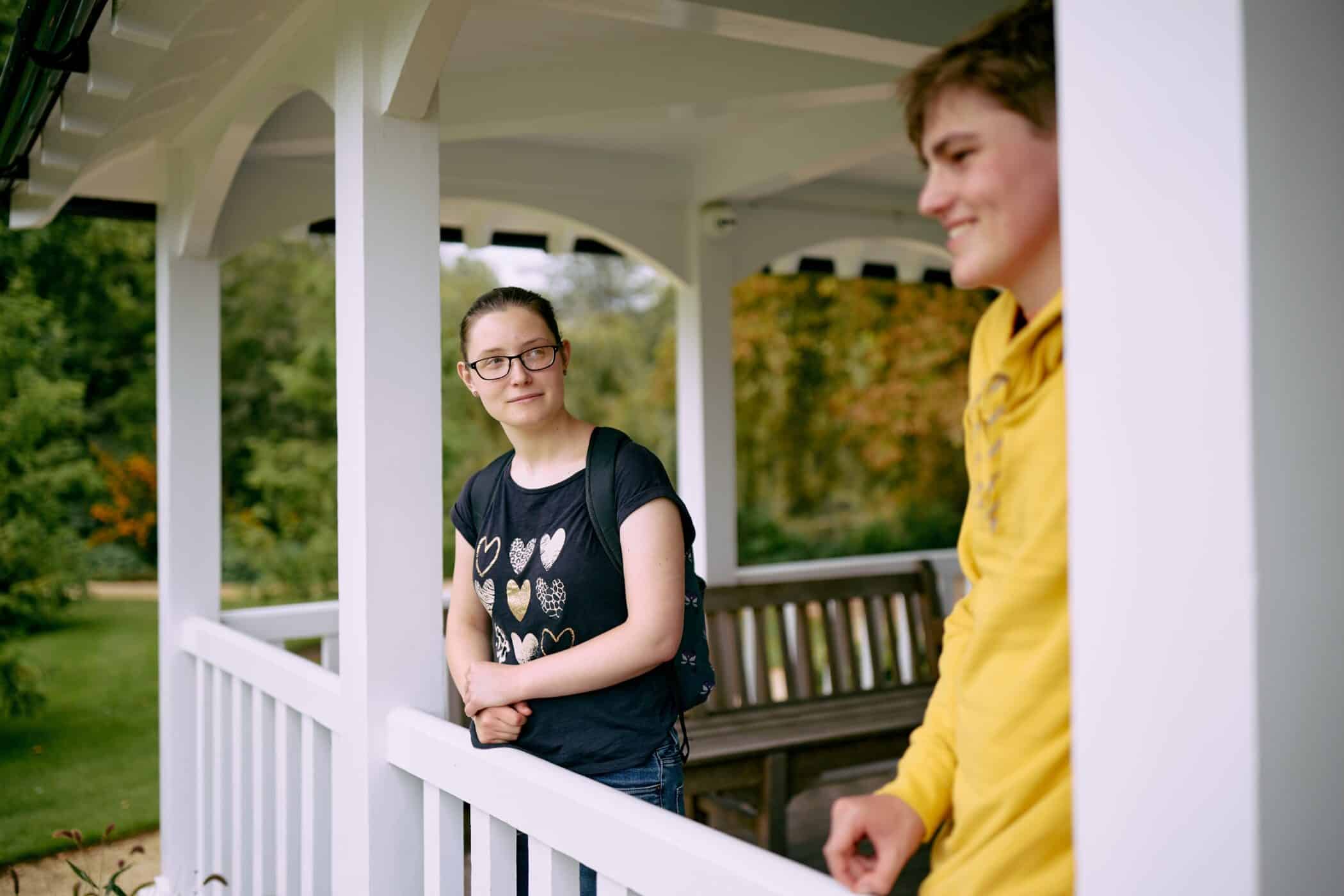

What you don’t need to worry about
Anything that’s unrelated to the subject you’ve applied for. It’s great to get involved with extra-curricular activities like sport or music but, if they don’t link to your subject or relevant skills, then they won’t be considered as part of your application. Likewise, you don’t need to worry about putting on a pitch-perfect performance at your interview. We can all get tongue-tied or nervous, but it’s just one part of the admissions process. We’re not expecting you to get everything right – in some cases there may not even be a ‘right’ answer. What the tutors are hoping to hear from you is how you think and how you approach new ideas, even when you get stuck. Even if you’re on the wrong track, they want to hear you explain your reasoning and show your working out – these are much more important skills in demonstrating your potential to do well at Oxford than how many facts you can remember.









